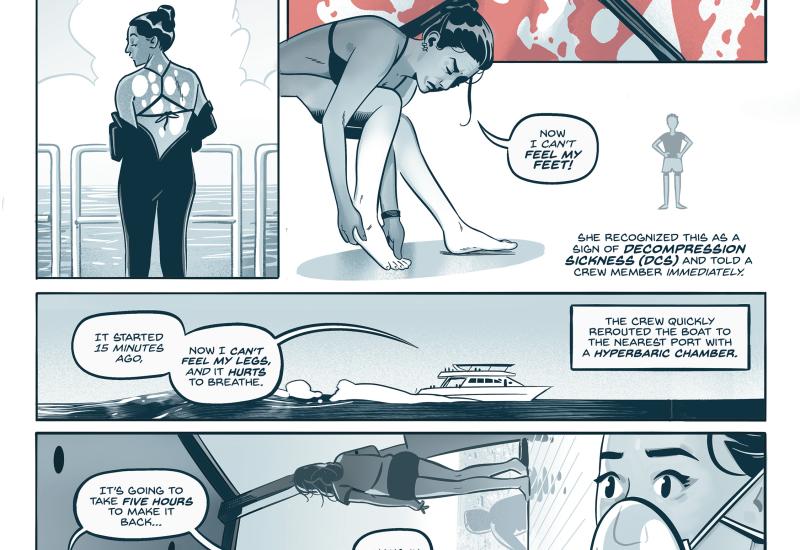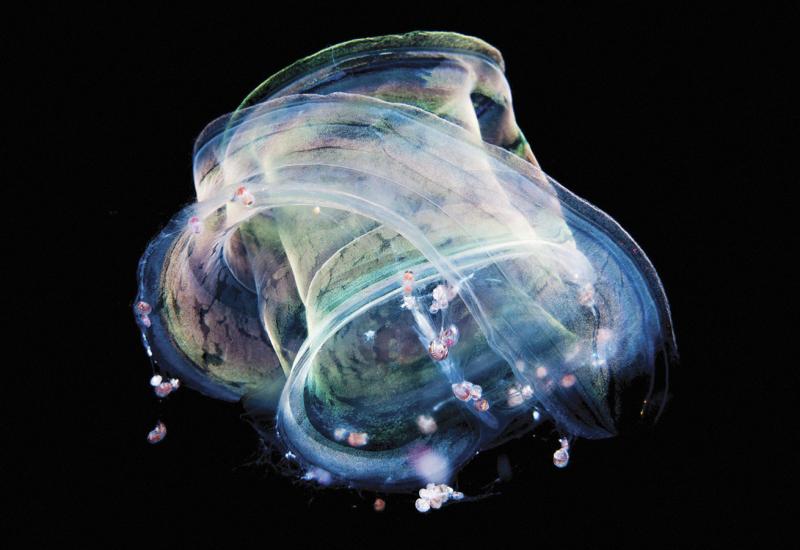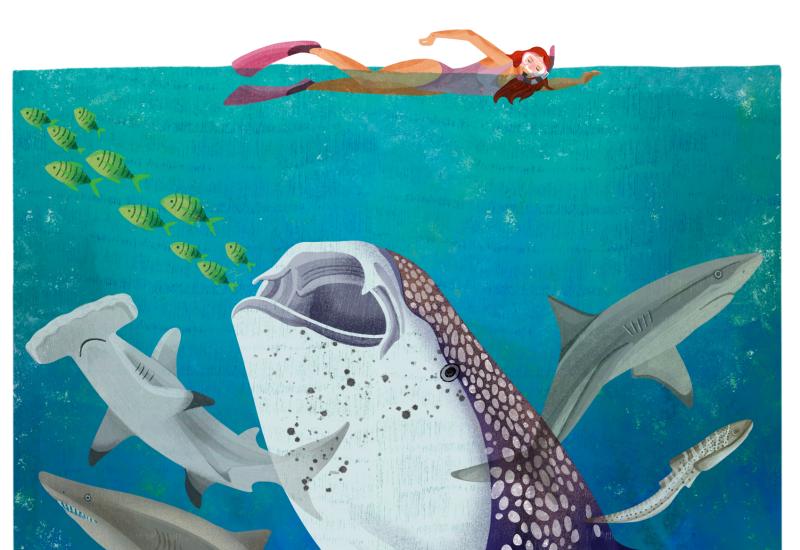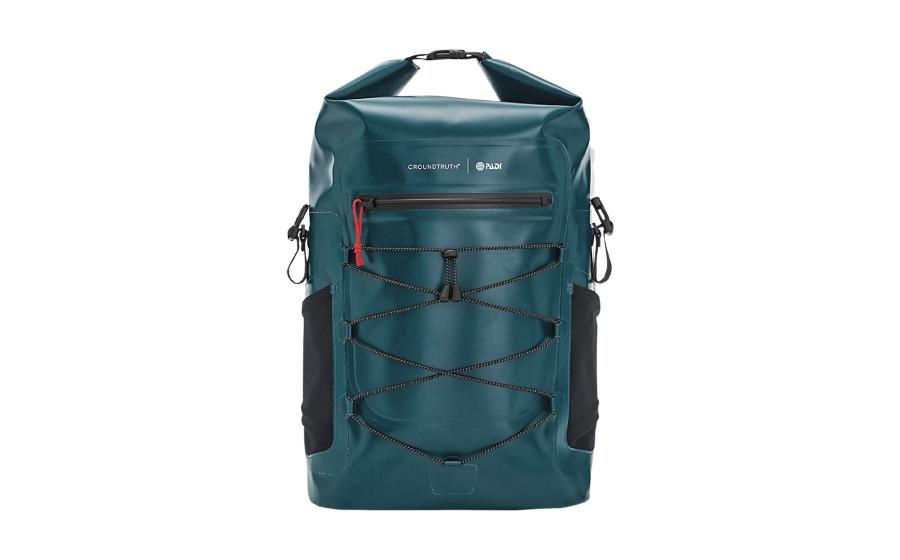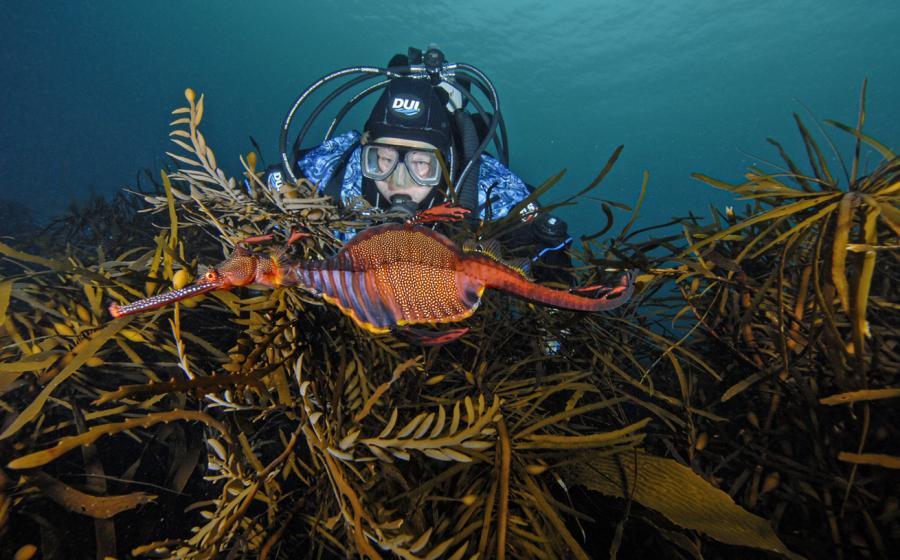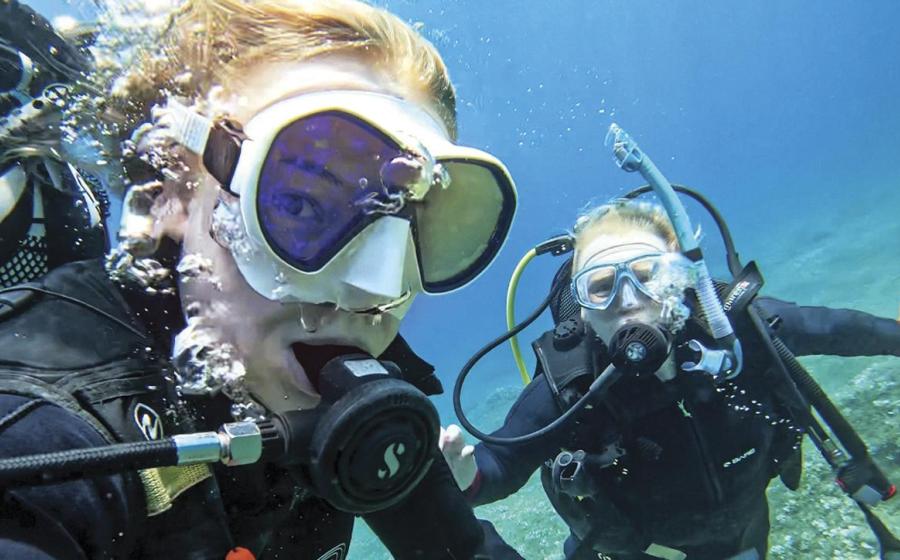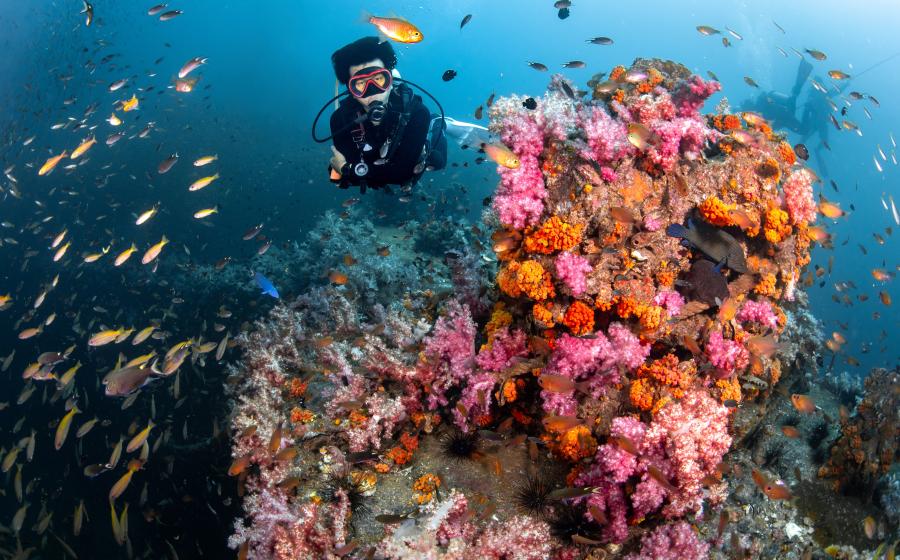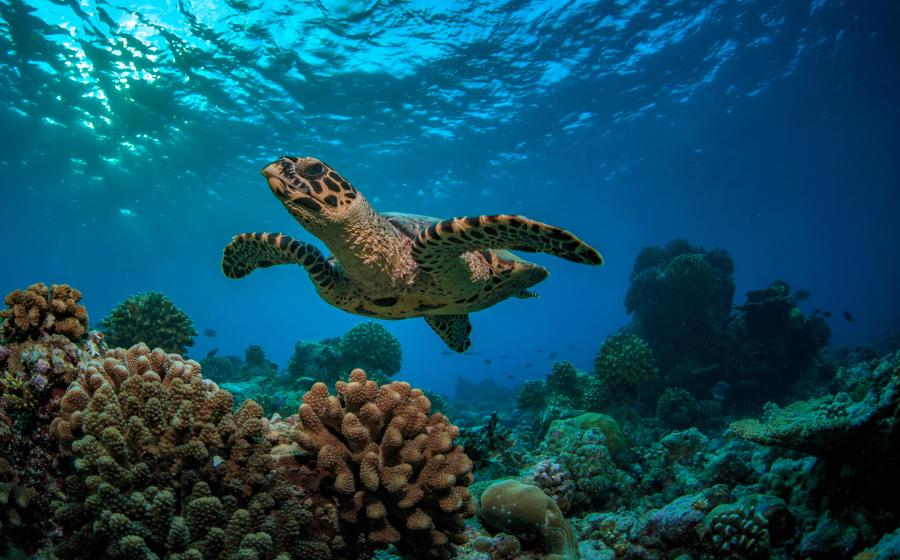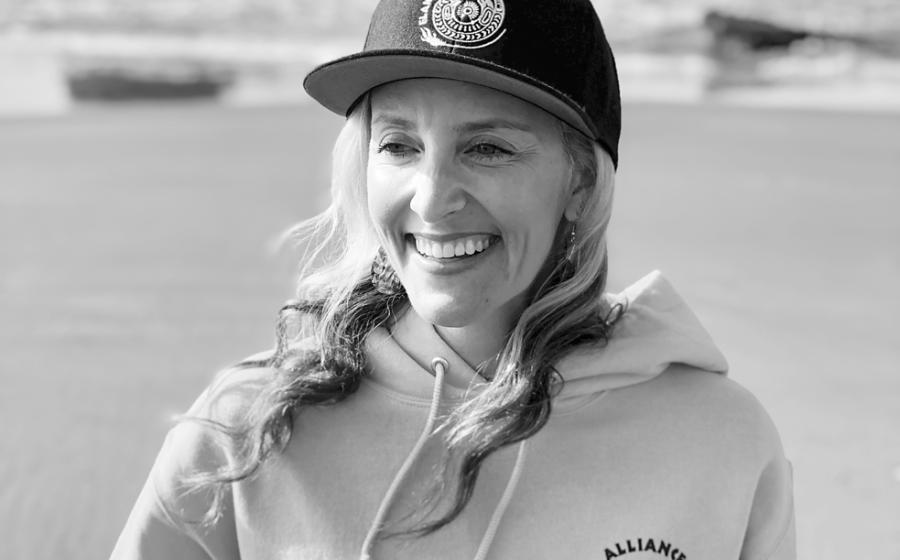Is a Snorkel Really Necessary When I Dive?
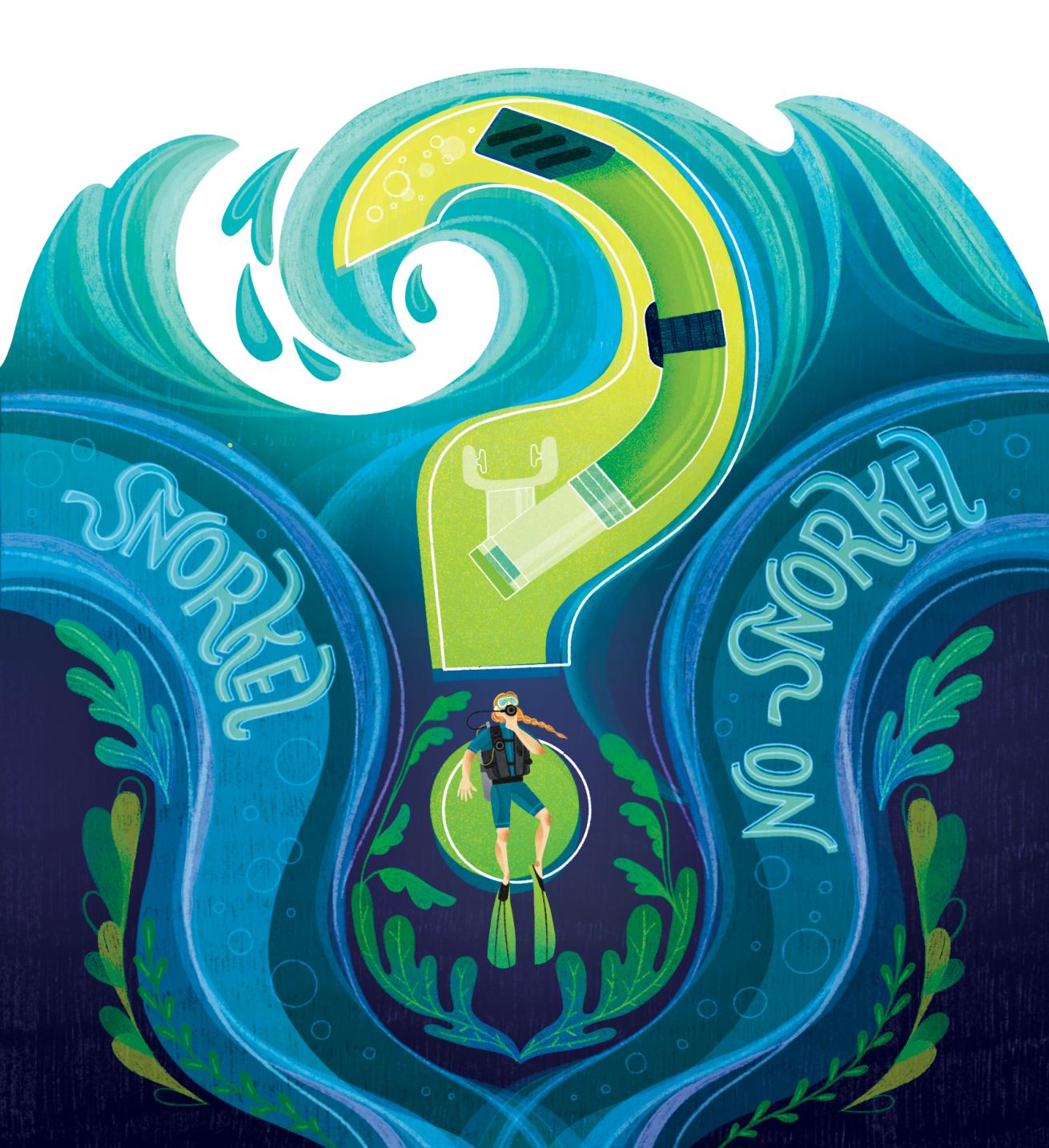
Illustration by Lauren RebbeckExpert Annie Crawley gives her take on a much debated topic in diving.
Dear Annie,
When I wear a snorkel, it gets tangled in everything. I regularly grab it instead of my inflator hose. Is it beneficial to have a snorkel, or can I ditch it?
—Tangled and Confused
Dear Tangled,
I'm lauhing wiht you as I read this and feel your angst!
Mistaking the snorkel for the inflator hose is something many divers do. I help my students create muscle memory with some fun drills to address this mix-up and properly find key pieces of gear. It’s a universal training standard that your snorkel and BCD inflator are both on the left side of your equipment, yet think of their subtle location differences.
When reaching for your snorkel, aim for the left side of your head just above your ear, and you will find your snorkel every single time. For your inflator, aim for your left shoulder and grab the top of the hose to find it.
Take a moment now and visualize your equipment while physically reaching for each piece of gear. The more familiar you are with every aspect of donning, using and removing your equipment, the more comfortable and streamlined you become in the water.
Regarding wearing or ditching a snorkel: There’s a healthy debate among divers, and it seems like everyone has their own opinion on this based on personal experience.
Personally, I will not leave a boat or shore without a snorkel, not only because of my training but because of my experience. When I first learned to dive, I was required to wear a snorkel. But as I became a more advanced diver, my snorkel got in the way because of all the reasons you mentioned, so of course I took it off.
Related Learning: What to Do If You Don't Like Your Dive Guide
On one particular dive, many moons ago, we were diving out at Cortez Banks off the coast of California. Cortez Banks is completely exposed, with no land to protect it from weather. It’s also a treasured place because it’s a kaleidoscope of colors.
We’d had swimming pool–like conditions for three days, and on this day my buddy and I entered the water and started covering a bit of terrain.
Toward the end of our dive, my buddy turned to me and showed me she was low on air. No problem; instead of swimming back to the boat underwater, we would surface and return.
Upon surfacing, we found that the wind had started blowing, creating chop on the water resembling a washing machine. Neither of us had snorkels, so we used our regulators and the remaining air in our tanks to get back to the boat. Because of the surface current from the wind and the chop on the water, we both swallowed a bit of seawater before getting back safely to the vessel.
We were both highly experienced divers, but that mattered less in that moment because we did not have our snorkels.
Changing conditions can happen anywhere in the world. With that knowledge, I believe it’s responsible and necessary to carry a snorkel. No amount of experience can replace it. Snorkels protect your airway, and there’s nothing worse than inhaling water before or after your dive.
Related Learning: How to Be a Better Underwater Navigator
Sometimes we experience extreme currents underwater and the snorkel acts like a flag waving in the water, causing mask problems at depth. So when diving in strong currents, I sometimes will take off the snorkel and put it in an easy-to-reach pocket on my wetsuit or drysuit or a pair of neoprene cargo shorts worn over my exposure suit.
There are also times when my students need to remove and pocket their snorkels. When I teach 10- to 12-year olds, for example, sometimes the weight of a snorkel is too heavy for the mask strap and causes extreme leakage of the mask.
One last thought: For as simple a design as they are, all snorkels are not created equal. There are many designs out there, including dry snorkels that prevent water from entering the top in waves and chop. These designs can hinder ease of breathing. I much prefer a sleeker design that is easily cleared and not top-heavy.

Ask Annie
PADI Instructor Annie Crawley answers your most pressing questions about dive etiquette, training qualms and gear analysis with zero judgment and a whole lot of lived experience.
Have a question for Annie? Send to [email protected] with the subject "Ask Annie."


